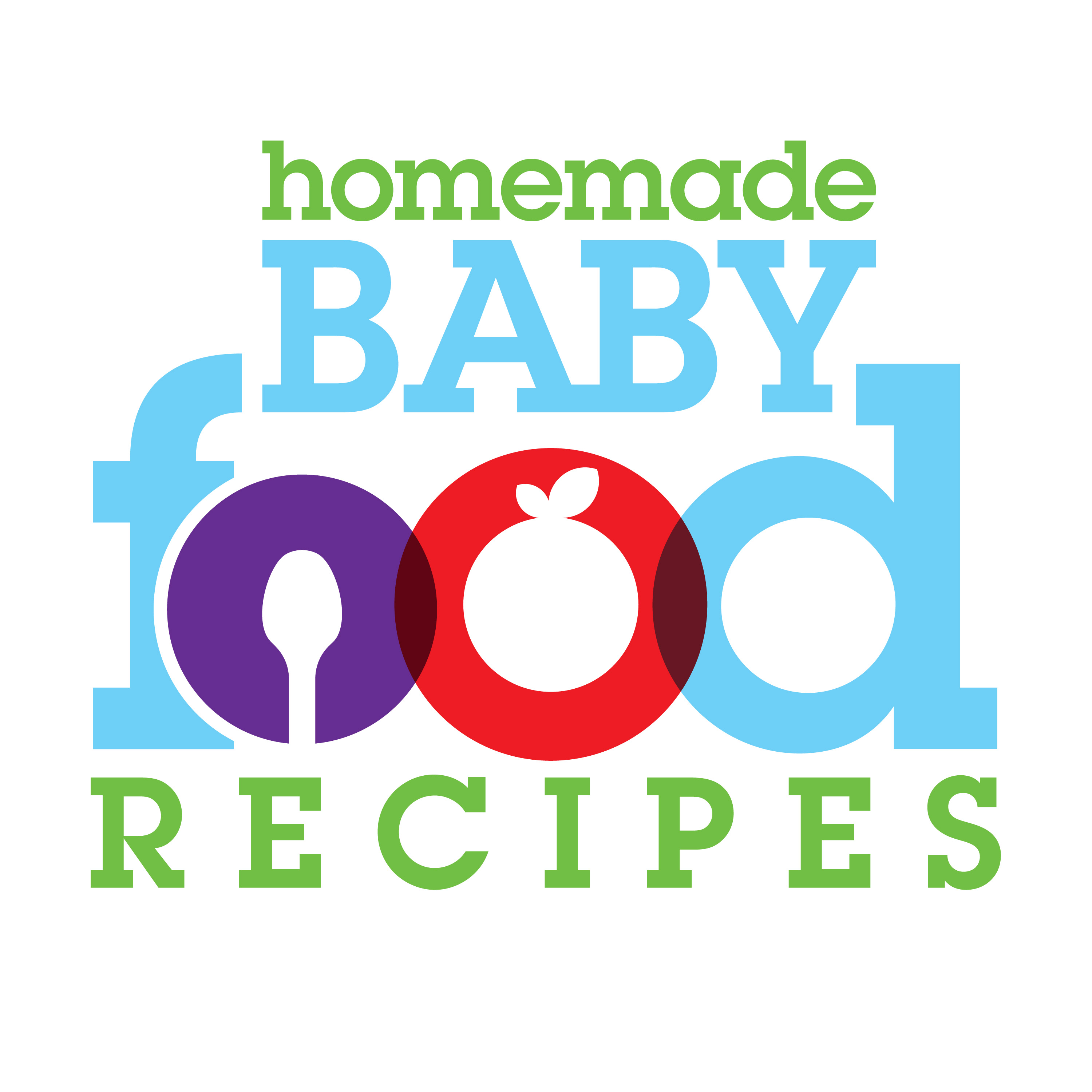Updated July 07, 2023
This is actually two questions in one – when should I give my baby a spoon and when should my baby be using a spoon to feed himself?
And the answer to each question is different!
You can give your baby a spoon as soon as he’s able to hold one – in fact, you’ll probably find that he’ll try to snatch it from your hand when you’re feeding him!
At first, he’ll simply play with it – which, of course, is absolutely fine since this is how babies learn!
But at some point later in his first year (usually at around 9 months plus) your baby begins to develop both the desire AND the skills to actually use the spoon to convey food from his bowl to his mouth.
And – reluctant though you may be – it’s important that you allow your baby to hold a spoon at this point… even though you know there are messy times ahead!
Feeding himself with a spoon is a skill that certainly takes some time to master, so don’t worry if your little one seems to be taking an incredibly long time to get the hang of it!

How to teach your baby to use a spoon
Be patient
This is the number one rule!
Food will end up on the table, the floor, all over your baby… and probably on you!
Learn to be philosophical about the mess – remember that this is a brief stage in your child’s life that can be fun for your both if you refuse to let spattered food annoy you!
Only put a small amount of food in the bowl your baby is eating from.
This will prevent the mess from getting too out of hand and, whilst his skills develop, will prevent waste.
Put the rest of his food in another bowl and just pop the odd spoonful into his mouth as he’s practicing – when he’s hungry, he’ll find it very frustrating if he wants the food from his own bowl, but is unable to get it to his mouth.
Give him food that sticks to the spoon.
Almost all babies have a tendency at first to put the spoon into the bowl the right way up, but then turn it over as they bring it to their mouths.
If you’ve given him something like peas or rice to eat, then it’s simply going to fall off the spoon!
Ideal foods are oatmeal, rice cereal, mashed potato and yogurt – but you can also try thickening up runnier textures to make them easier to eat.
We have some ideas about how to do this here.
Use a spoon that’s easy for your baby to handle.
Many bowls, too, are specially designed to make it easier for babies to feed themselves.
We’ve listed some of our favorites on our Baby Feeding Accessories page.
Eat along with your baby…
…preferably using a spoon yourself.
His tendency to mimic whatever you are doing may help him master this skill more quickly.
Give lots of praise.
Praise your little one effusively when he gets a little food to his mouth.
Babies thrive on praise and he’ll be anxious to repeat the performance!
Give help when it’s needed.
If he’s really struggling, gently take the hand in which he’s holding the spoon, scoop up some food together and move it to his mouth.
He may welcome this demonstration of what he needs to do, or you may feel his little arm stiffen as he resists with all his might – in which case you should stop trying to help and allow him to take things at his own pace!
On a final note…
If your baby shows a preference for using his left hand to feed himself, then you may find that he takes a little longer than others to really master the skill.
One of our sons is left-handed – a fact which was obvious at a very early age – and it took him longer than his right-handed siblings to learn to use the spoon efficiently.
Over the years, we’ve found that other parents of lefties have found this to be the case, too!
